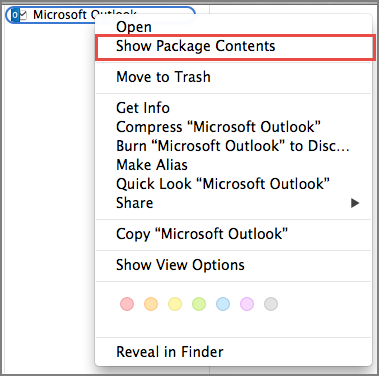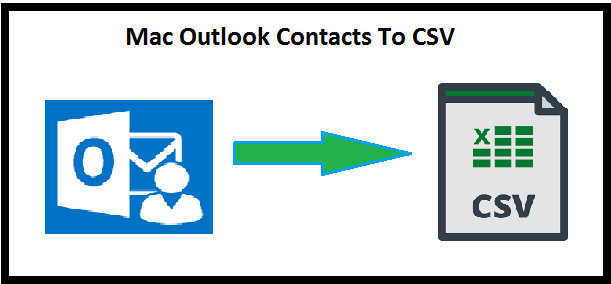

GPGMail has troubles to decrypt/verify HTML messages. You can force GPGMail to always use the PGP-MIME format, by changing its preferences, but you cannot force it to always use the former format. As soon as your message is no longer plain text, GPGMail uses the PGP-MIME format, which is not recognized by some mailers. GPGMail partly supports the ASCII-armored format: it uses that format by default, as long as your message doesn't contain any attachment or style formatting. PGP SIGNED MESSAGE -) in the body of the message, and the new format which uses MIME encapsulation and attachments, and which is far more robust than the old one (both formats are equally safe, when talking about encryption/electronic signature, but the content in the former format sometimes is modified by mailers/mail relays and is broken at arrival).

The problem you might encounter is that some plug-ins don't support the 2 message formats used for PGP: they usually only support the old format, where you see the PGP armor (e.g.

OpenPGP was originally derived from the PGP software, created by Phil. imported in the YubiKey, it was time to let the Outlook client know about it. There are plug-ins for Outlook on PC, as well as for other mailers, that do the same job as GPGMail for Mail. Now open the OpenPGP Key Manager and import your public key and then verify. If your email address is associated with a PGP key, the message will be. A: Yes, as long as your friend's mailer recognizes PGP signed/encrypted messages.


 0 kommentar(er)
0 kommentar(er)
